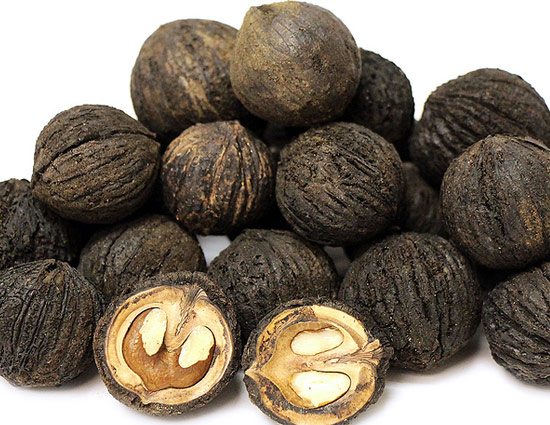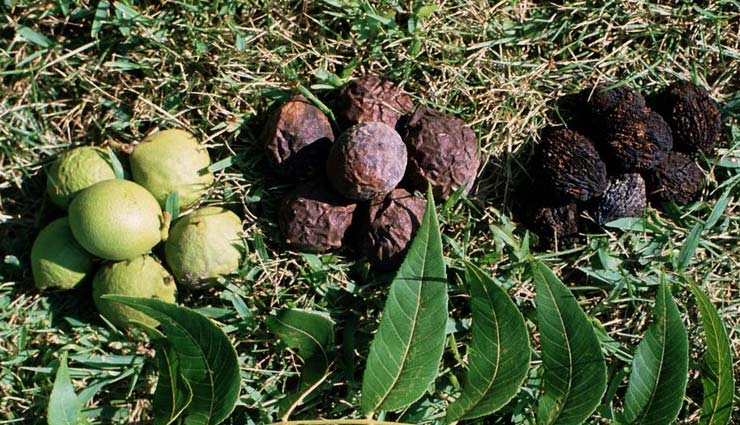Black Walnut Helps You Keep Heart Healthy, Read More Benefits

# Cancer and Leukaemia
You will find a cytotoxic compound called Juglone in black walnuts, which is a naphthoquinone. Juglone along with other polyphenolic compounds possess anti-tumour and anti-carcinogenic characteristics. These fight against the unnatural behavior of your cancer-causing gene that is the oncogene, which is mutated in larger percentage in tumor and cancer cells.
# Blood pressure and cholesterol
A study named “The effect of Daily Walnut Consumption on blood and lipid levels” proves that black walnut consumption can lower your LDL cholesterol levels by over 4%. Black walnuts have unsaturated fatty acids and omega 3s and omega 6s in abundance.
# Heart and lungs
Black walnuts consist of L-arginine which provides you with multiple cardiovascular benefits. Black walnut has another substance called alpha-linolenic acid (ALA) which will help you to have a healthy heart due to its anti-inflammatory properties. This helps prevent pathological blood clots thus makes it less likely to bring heart attacks.

When your body has abnormal production of the Thyroid Stimulating Hormone (TSH), this leads to various improper conditions in the body. Hypothyroidism is a condition when the TSH production is too low. This can make you gain weight and lose stamina. Hyperthyroidism is one in which there is an excess production of TSH, and it will make you lose weight and sensitive to heat.
# Improved reproduction in men
This is one of the exceptionally lesser known benefits of black walnuts. Black walnuts play an important role in the male reproductive system by enhancing the male fertility. The sperm quality is improved as it impacts the vitality, motility, and morphology of the cells.